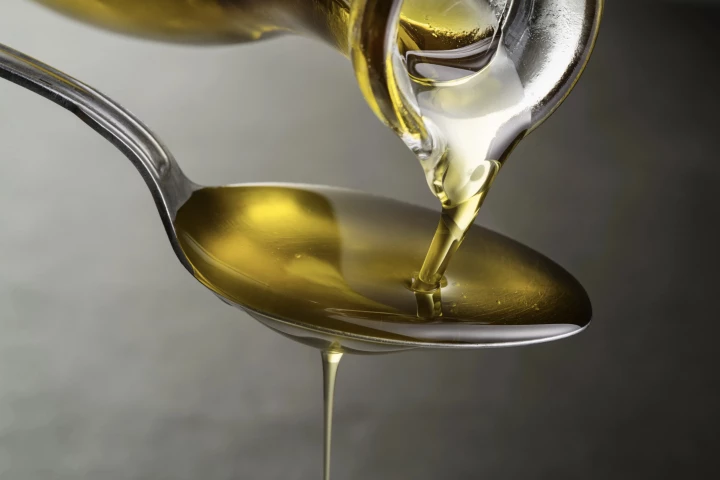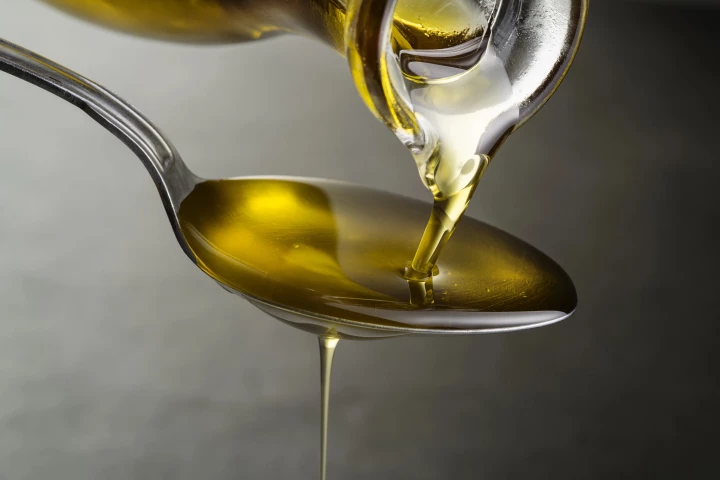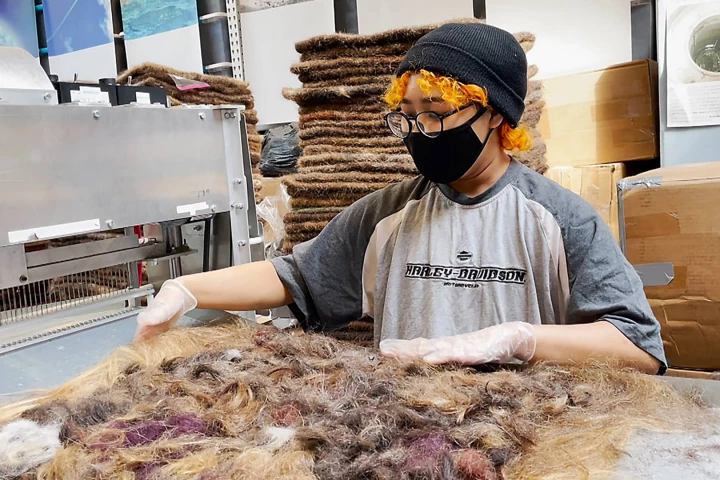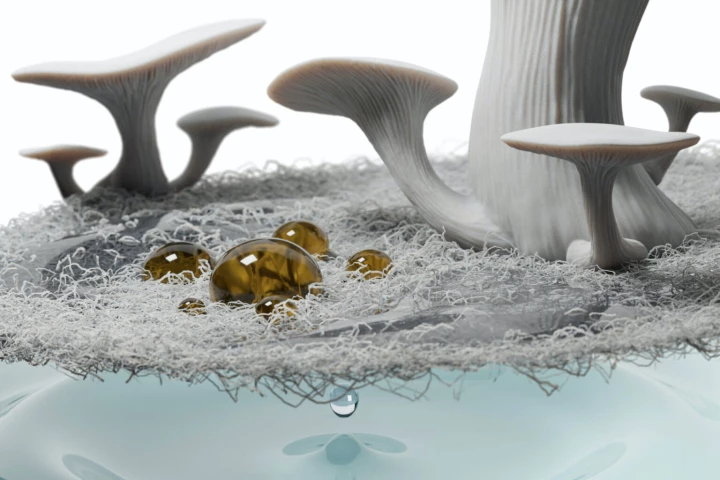Oil
-
Kale has long been crowned a “superfood,” praised for its rich antioxidant and nutrient content – but new research suggests many of those perks go untapped unless you pair the leaves with something to boost the body's ability to absorb the good stuff.
-
In a groundbreaking study, a healthy fatty acid in olive oil has been found to "supercharge" immune cells that fight cancer. Meanwhile, another kind of natural fat undermines the health of the same cells, killing them off and triggering inflammation.
-
Consuming too much of the dominant fatty acid in olive oil may drive the production of fat cells, creating conditions that could lead to storing more fat long-term. Until now, weight gain has been largely attributed to the calorie content of such fats.
-
When crude oil is processed, a lot of grungy byproducts are left over. A new study indicates that a couple of those substances can be used to make low-cost carbon fibers, which could in turn find use in less costly carbon fiber composites.
-
Love racing but not a fan of the sport's carbon footprint? Idemitsu is hoping to bring that down a notch with its new Plantech Racing engine oil, which uses plant-based raw materials for more than 80% of its base oil.
-
In a world of weird, this one ranks up there... A non-profit out of San Francisco, California, is cleaning up oil spills using the naturally adsorbent properties of human hair, woven into thick mats that soak up a gallon and a half at a time.
-
When it comes to cleaning up marine oil spills, it's best if you can use a material that separates the oil from the seawater. Scientists have created a new organic membrane which does exactly that, and it's derived from oyster mushrooms.
-
China's extremely rapid adoption of EVs has forced oil giant Sinopec to adjust its forecasts, saying peak domestic gasoline demand has already passed and it's all downhill from here. The repercussions will be global.
-
Scientists at the University of Georgia have created a "superfoam" with two very valuable potential applications. It could be used not only to clean up oil spills, but also to keep infections from occurring at medical implant sites.
-
It's always upsetting to see images of seabirds covered in crude oil, as the result of an accidental spill. According to a new study, however, even tiny amounts of routinely released waterborne oil may seriously damage such birds' feathers.
-
A Texan company promises clean hydrogen at less than US$1/kg, after testing a fascinating new technique in the lab and the field. The idea is to pump specially developed microbes into depleted oil wells, where they'll eat oil and excrete hydrogen.
-
The global oil industry wastefully burns off about as much natural gas as is used by all of Central and South America – but a new methane binding agent offers a potential way for this greenhouse gas to be converted economically into liquid fuels.
Load More











